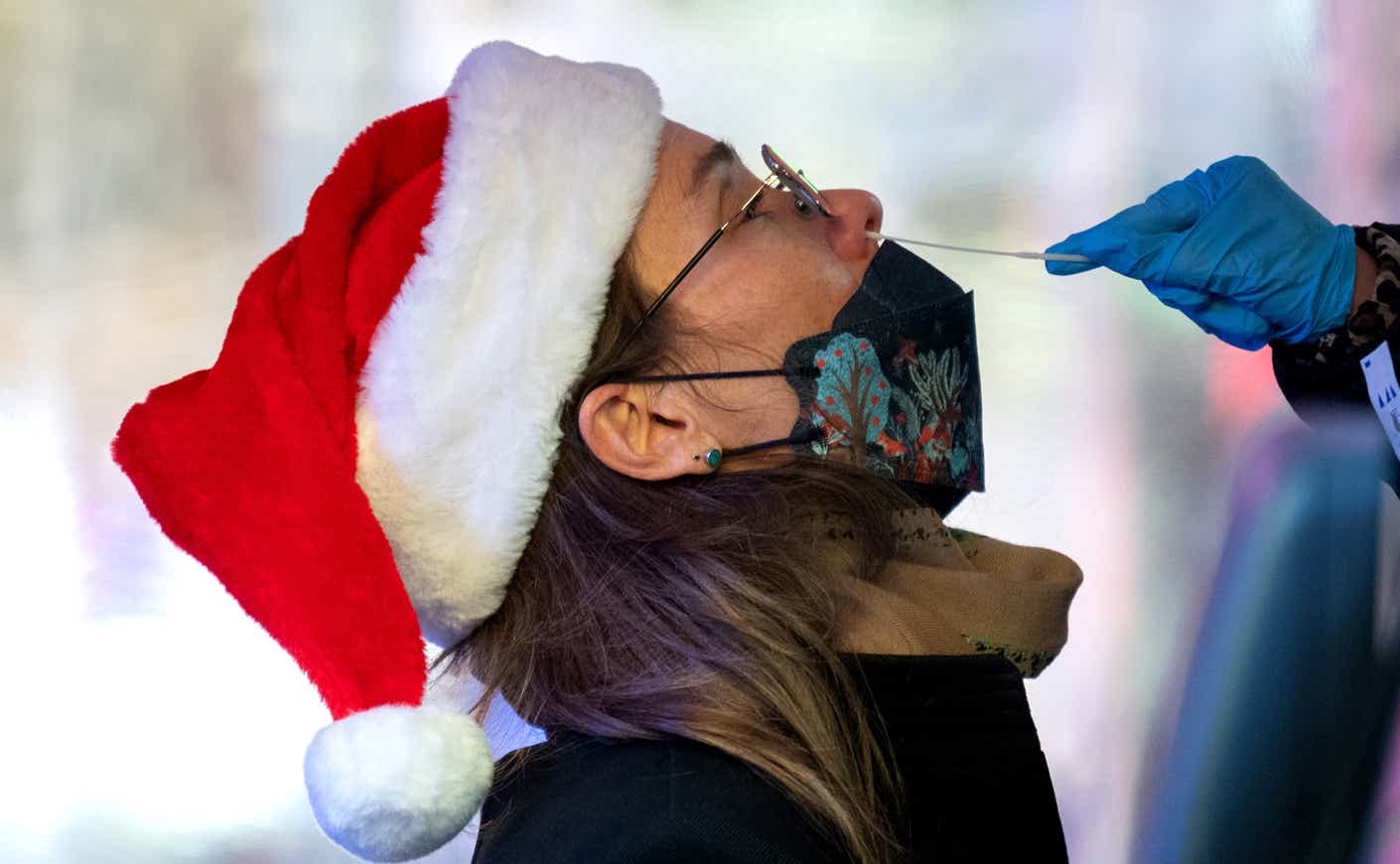The CDC is rethinking its Covid-19 guidelines after facing backlash over recommendations it rolled out just last week. Here’s the latest on the controversy and what changes the agency’s now considering:
What are the new rules?
Last week, the CDC made a major change to its isolation guidelines. It recommended people who test positive for Covid-19 but have no symptoms isolate for just five days, instead of the 10 days it had initially endorsed. (The agency is also urging those people to wear a mask in public settings for the full 10-day period.)
The agency said it based its decision on a growing body of evidence that the virus is most infectious in the two to three days after symptoms first appear. Health officials were also concerned that the surge in Covid-19 cases would lead to worker shortages across the country. Infections have spiked among airline crews, which is partly responsible for the rash of flight cancellations, and carriers have lobbied the CDC to reduce its recommended isolation period to keep planes in the air.
“On balance, if you look at the safety of the public, and the need to have society not disrupted, this was a good choice,” Dr. Fauci said.
Why the backlash?
The new protocol is being challenged by several public health experts, who think relaxing the rules is a mistake. The country is seeing a huge spike in Covid-19 cases, due in large part to the Omicron variant. A new study out of the U.K. suggests this strain could be less deadly, but is still threatening to overwhelm the nation’s healthcare facilities because of the massive rise in infections.
The guidance “feels like it is too early and is coming at not a good time as we are still in the very sharp increase part of the surge,” Lisa Maragakis, senior director of infection prevention for the Johns Hopkins Health System said.
Many have also called on the CDC to require people produce a negative test result before ending their quarantine period.
“There are people who are infectious and can transmit after five days,” Walid Gellad, a professor of medicine at the University of Pittsburgh, told the Washington Post. “It’s probably not the majority, but there are people, so by doing this, you are in effect encouraging people to engage in activities that could increase transmission.”
Is another update on the way?
Dr. Fauci addressed those concerns Sunday. He acknowledged the “pushback” and said the CDC is now considering adding a testing component to its isolation policy. He said he expects “clarification” from the agency on its stance this week.
“There has been some concern about why we don’t ask people at that five-day period to get tested. That is something that is now under consideration,” Dr. Fauci said while appearing on ABC News’s This Week.









